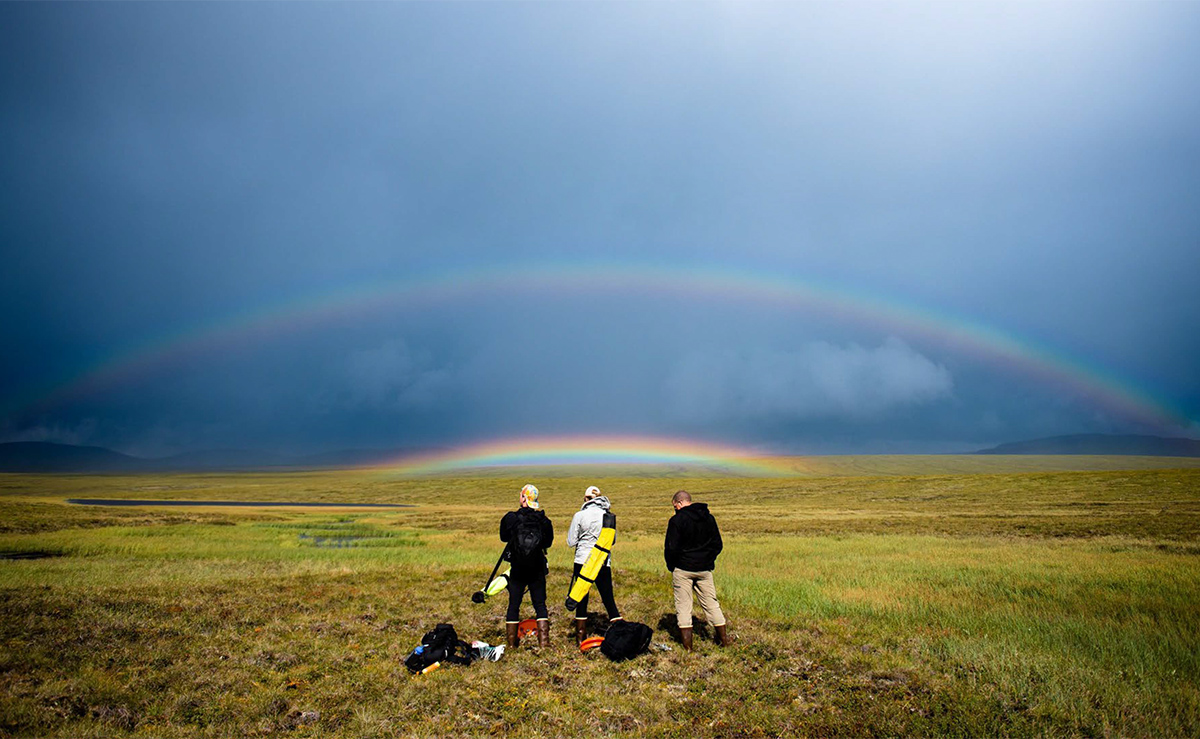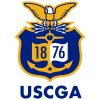
Internships
Marine and Environmental Sciences
As students progress in the Marine and Environmental Sciences major, they discover an exceptional interest in a particular field of science and desire to extend their learning through an internship or capstone research with an experienced faculty member. MES interns spend six weeks during their 1/c (senior) summer working with practicing professionals applying the knowledge and skills they’ve acquired during their course of study.
Impact today – several opportunities exist to work directly with operational Coast Guard units.
Future impact – what you study today will inform how the Coast Guard and maritime entities operate in the future!
Internship Opportunities
Description: International program centers on scientific exploration of the seafloor launched from aboard Exploration Vessel (E/V) Nautilus, a 64-meter research vessel. In addition to conducting scientific research, the Nautilus Exploration Program offers its expeditions to explorers on shore via live video, audio, and data feeds from the ship. It trains students studying ocean science, engineering and video/film at-sea working aboard E/V Nautilus as Data Loggers, ROV Pilots, or Video Engineers. The intern will gain underway experience standing two 4-hour watches per day. The intern will work with a Nautilus Science liaison and Navigator aboard Nautilus prior to departure for internship.
Location: Variable
Description: The intern will have the opportunity to gain in-depth exposure to selected mission of the National Strike Force. After selecting an area of concentration, such as oil spill, hazardous materials, or radiological/weapons of mass destruction response, the intern will focus on the equipment, protocols, and skills necessary to achieve mission success in that area. The intern will be given the opportunity to lead team briefs, conduct research to support response scenarios, and participate in physically demanding exercises.
Location: Fort Dix, New Jersey
Description: The intern will work with program coordinators at NGA on a variety of projects. NGA is “a unique combination of intelligence agency and combat-support agency, delivering world-class geospatial intelligence (GEOINT) that provides a decisive advantage to policy-makers, war fighters, intelligence professionals and first responders (www.nga.mil).”
Location: Springfield, VA, or St. Louis, MO, depending on pre-arranged project focus
Description: Intern will gain experience in a marine research environment to include shipboard and submersible operations. Interns will be working with students and faculty with areas of study in: aquaculture, biomedical marine research, marine biology, marine mammal research, marine natural product chemistry, marine microbiology, ocean engineering, ocean technology, and oceanography. One additional week possible during spring break for required orientation.
Location: Harbor Branch, FL
Description: The intern would serve as a member of the scientific research team aboard the sailing school vessel Robert C. Seamans on one of two research legs in the central Pacific. Duties would include deploying oceanographic equipment, analyzing data, and assisting undergraduate students with research shipboard skills. The cadet has the opportunity to receive deck watch officer mentorship from a licensed merchant mariner as well, if time and interest allow.
Website: https://www.sea.edu/
Location: Aboard the vessel Robert C. Seamans sailing either in the Main Hawaiian Islands or on a cruise from Honolulu to Pago Pago American Samoa.
Description: The intern will gain experience at the Office of Emergency Management & Disaster Response by learning about how the Coast Guard responds to disasters, exploring case studies, participating in a hurricane exercise, and exploring the relationship between CG Command Center and Emergency Management.
Recent Internships
Other affiliated organizations that provide internship opportunities include:
- Florida Atlantic University Marine Summer Internship
- Coastal Mitigation and Climate Change – Joint Academy Internship
- Cold Regions Research and Engineering Laboratory (CRREL)
- International Ice Patrol (IIP)
- Joint Typhoon Warning Center
- Alaska Fisheries Science Center Kodiak Laboratory
- Marine Safety Laboratories (MSL)
- MIT Lincoln Laboratory
- National Data Buoy Center (NDBC)
- National Geospatial-Intelligence Agency
- National Weather Service (NWS)
- Ocean Exploration Trust Exploration Vessel Nautilus
- NOAA Fisheries
- Rutgers University, Center for Ocean Observing Leadership
- Sitka Sound Science Center
- Thomas More College Biology Field Station
- USCG Gulf Strike Team
